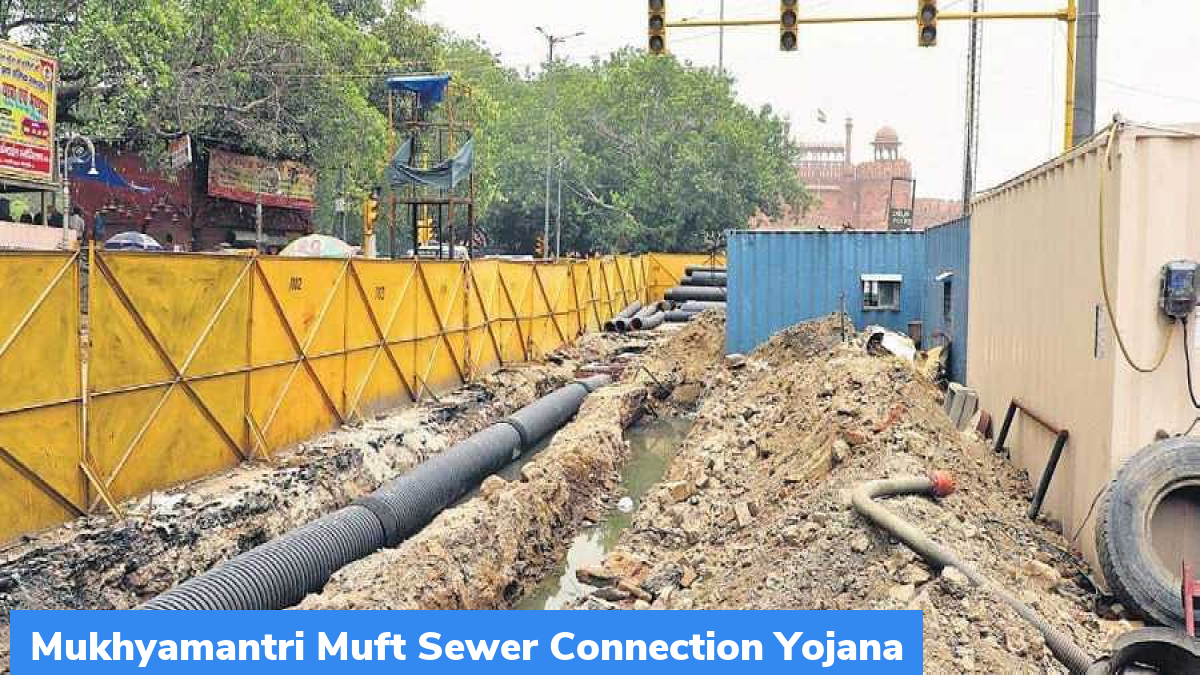Mukhyamantri Muft Sewer Connection Yojana
25,000 households located in East Delhi will be provided with free sewer connections under the ‘Mukhyamantri Muft Sewer Connection Yojana.’
In how many colonies will the sewer connection be provided?
The free sewer connections will be provided by the Delhi government in 12 colonies in Mustafabad and Karawal Nagar. The colonies will be including Chandu Nagar, Rajiv Gandhi Nagar, and parts of Khajuri Khas. Rs 19 crore has been allocated by the state government for the implementation of these connections.
Where will the waste generated be carried to?
Through the free sewer connections, the households will be connected to Delhi’s existing sewer network. The waste generated will be carried to the Yamuna Vihar sewage treatment plant. The aim of providing the free sewer connection is to prevent the sewage that is generated from landing in the River Yamuna. The sewer connections in these colonies will help to prevent 2.5 crore litres of untreated waste from falling into River Yamuna.
What other projects were approved?
During the meeting for free sewer connections, a project was approved to lay sewer connections in the 25 km unsewered areas of Burari and 10 km of Narela. The Rithala Sewage Treatment Plant (STP) having a capacity of 40 Million Gallons per Day (MGD) will be upgraded so as to reduce the total suspended solids and biochemical oxygen demand in the treated water. Also, in Sonia Vihar, a new 7 MGD STP will be set up by the state government.
30 RO plants at JJ colonies will also be set up with the aim of increasing the supply of drinking water. Each plant will be providing about 50,000 litres of water every day and it will be free. At Okhla, a 6 MGD water treatment plant will be set up to treat ammonia. The WTPs of the Delhi Jal Board at present can treat ammonia for only up to 0.9 ppm and the one that will be set up at Okhla will be able to treat up to 10 ppm.
What is the acceptable ammonia limit?
According to the Bureau of Indian Standards, the acceptable ammonia limit in drinking water is 0.5 ppm.
Month: Current Affairs - May, 2022
Category: India Nation & States Current Affairs








